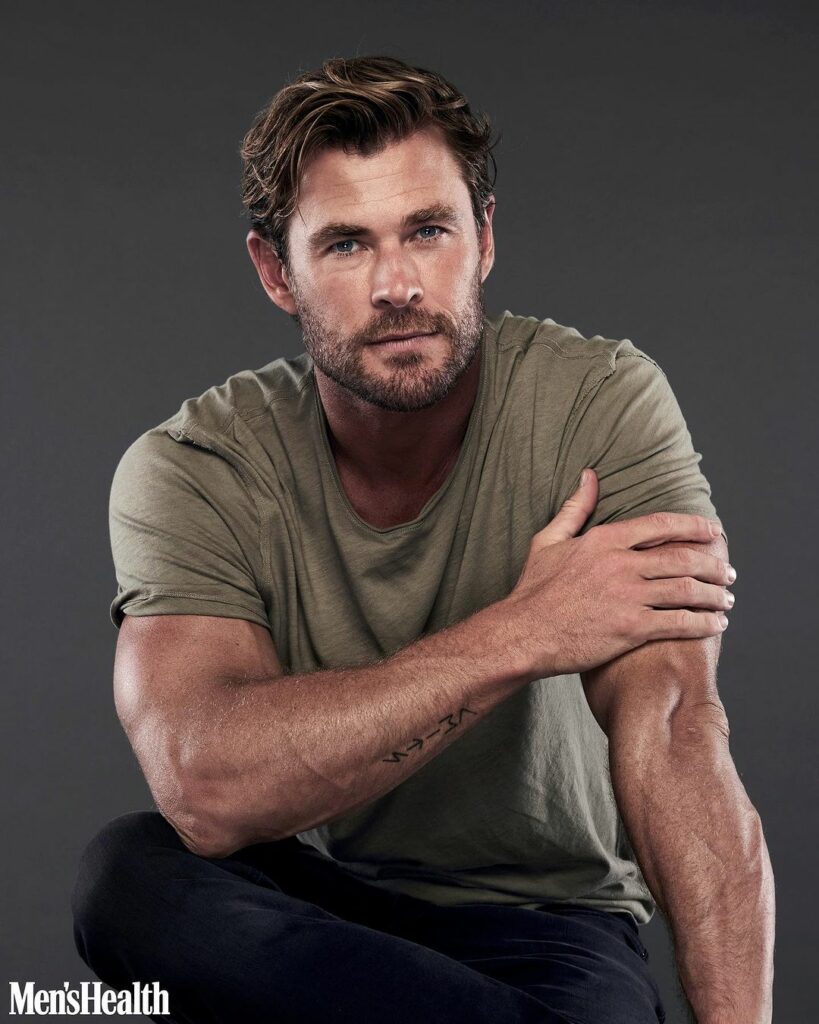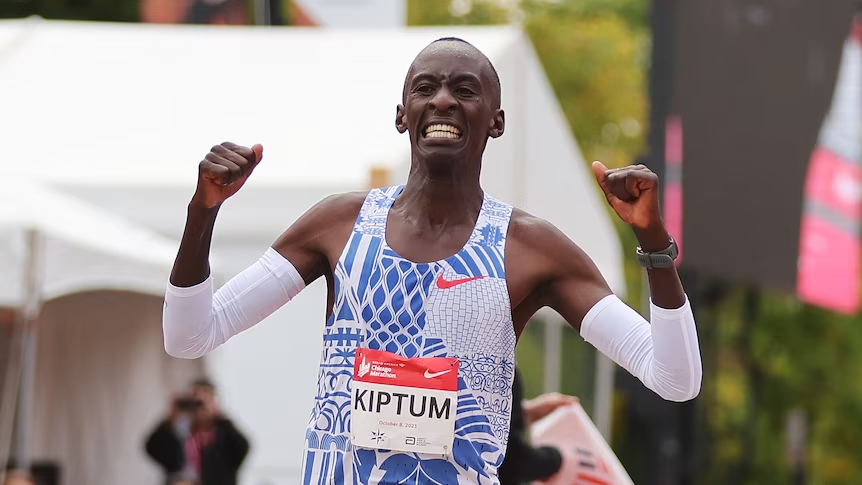It was hoped that after months of lockdown, the global coronavirus pandemic would be largely behind us. But as new strains like the delta variant emerge, health officials are now recognising that the virus is not something we can outrun or hide away from. No matter how long we spend shut indoors, the virus is there waiting for us on the other side. Now, it’s a matter of just how we live with a global virus and mitigate such risks. While much of Australia might still be in lockdown, other parts of the world are forging a path ahead, one that is giving people around the world an insight into just how a “return to normal” will look in the age of Covid-19 and when it comes to international travel, vaccine mandates seem to be the new necessity.
Now, it’s been announced that all travellers planning to enter the Mount Everest region will need to be fully vaccinated against Covid-19. Local officials have made the decision after a disastrous period which saw dozens of trekkers on the mountain falling dangerously ill with the virus, leading to the cancellation of several expeditions as the health and safety of locals was feared.
According to a statement made by local officials at the end of August, only those who are fully inoculated will be allowed to enter the Khumbu region of Nepal, where Everest is located. But as the announcement has since come to be read, many are questioning just how locals will enforce the mandate as the statement conceded that unvaccinated people could in fact still enter the region, as long as they provide a negative Covid-19 test. For unvaccinated travellers, procuring a test could be difficult.
As Kraig Becker, contributor to Outside suggests, “Getting a PCR test in the Khumbu is likely to prove very challenging. Becker goes on to suggest that even then, it doesn’t guarantee safety, as travellers could be tested in the window between exposure and contracting the virus, which has shown to have negative test results only to see people fall ill with the virus several days later.
The region relies heavily on tourism derived from trekkers looking to climb Everest, and many believe such requirements for vaccination will only benefit the local community and protect their safety. A number of guiding companies and outfitters have developed their own safety protocols, requiring staff and clientele to be fully vaccinated. So far, Nepal has seen a total of 771,000 Covid cases and just 17 per cent of the population is fully vaccinated. Still, the announcement serves as an indication as to what many can expect of travel in the future.
Here in Australia, the federal government has announced plans to trial vaccine passports for international travel. But as a new study published by the Medical Journal of Australia suggests, mandatory vaccines could be problematic and promote segregation, unless backed by strong justification before the roll out. The key takeaway is that access to the vaccines needs to be a priority for all Australians, otherwise there are fears they could simply entrench existing disadvantage. In the States, Dr. Anthony Fauci said he would support mandating the Covid-19 vaccine for air travel, but the US Travel Association has since maintained that there should be no mandatory vaccination requirement for domestic travel as it believes it could have unfair and negative impacts on families with young children who are not yet eligible to get the vaccine.
Just how things unfold here in Australia remains to be seen, but it seems the priority going forward is safety for all, particularly disadvantaged communities that are more at risk. For anyone looking to climb Everest in the future, a vaccine should be a priority – not just for your own safety, but for those in the Khumbu region.
















